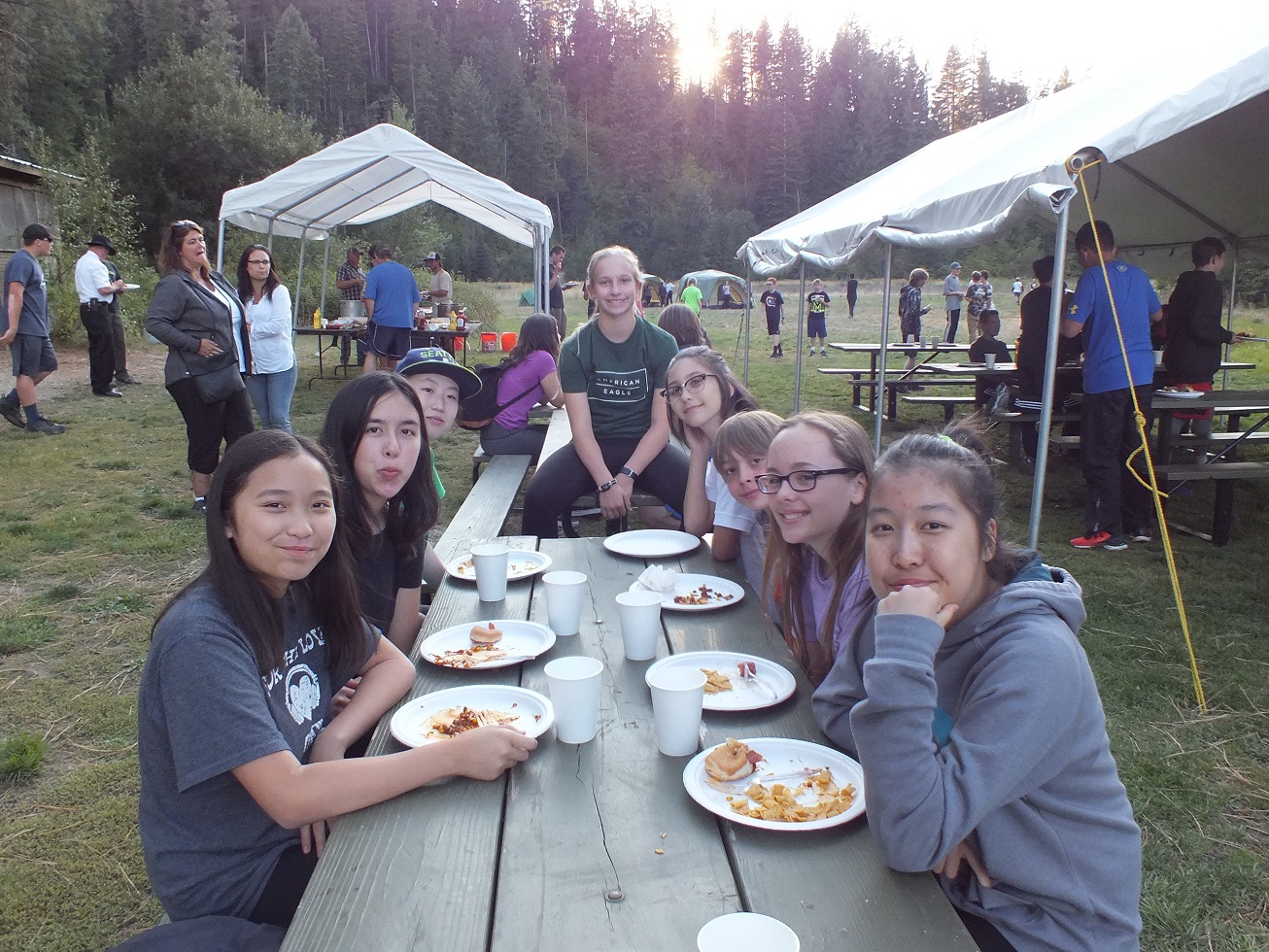King’s School Open House!
Your chance to learn if King’s School is the right fit for your family. Sunday, February 2, 2025 from 2:00-4:00pm!
RSVP Today!Community connections
January 12, 2018

by Erica Largent, King’s Schools International Student Coordinator
As we continue deeper into the 21st century, the importance of developing an international mindset grows at an accelerating speed. Here at King’s Schools, I am thrilled that we get to inspire and equip students from across Seattle and around the world, embracing the challenges of developing young adults ready for the internationalized landscape of the future.
Equipping comes not only through our curriculum, but also in the way our children develop friendships among schoolmates. This can be difficult to do across cultural lines. We tend to make friends with people that are similar to us. Sometimes, the further you travel outside of your culture, the more difficult it is to find those relationship-building, shared connection points.
Not only that, but different cultures have different ways of creating community and approaches to friendships. In some cultures, people tend to be more open with acquaintances and develop friendships quickly with a new acquaintance. In other cultures, true friendships take substantial time to develop as trust builds over multiple interactions. There are different ways to demonstrate friendship, too, which don’t always translate well to other cultures!
So, how can we inspire our children (and ourselves) to better reach out to the increasingly diverse group of peers around us?
Need a little more guidance or support as you start exploring? There are a lot of great resources out there for this very purpose, but I’d suggest starting with Patty Lane’s A Beginner’s Guide to Crossing Cultures. I hope you’ll be inspired to invite new friends into your life, and make this big world just a little bit smaller!
Erica Largent serves as King’s International Student Coordinator, working with the international students, families and host families in our schools. A third-culture kid herself, she loves helping newcomers to Seattle acclimate to our unique culture here and grow confident sharing their unique self with their new community.